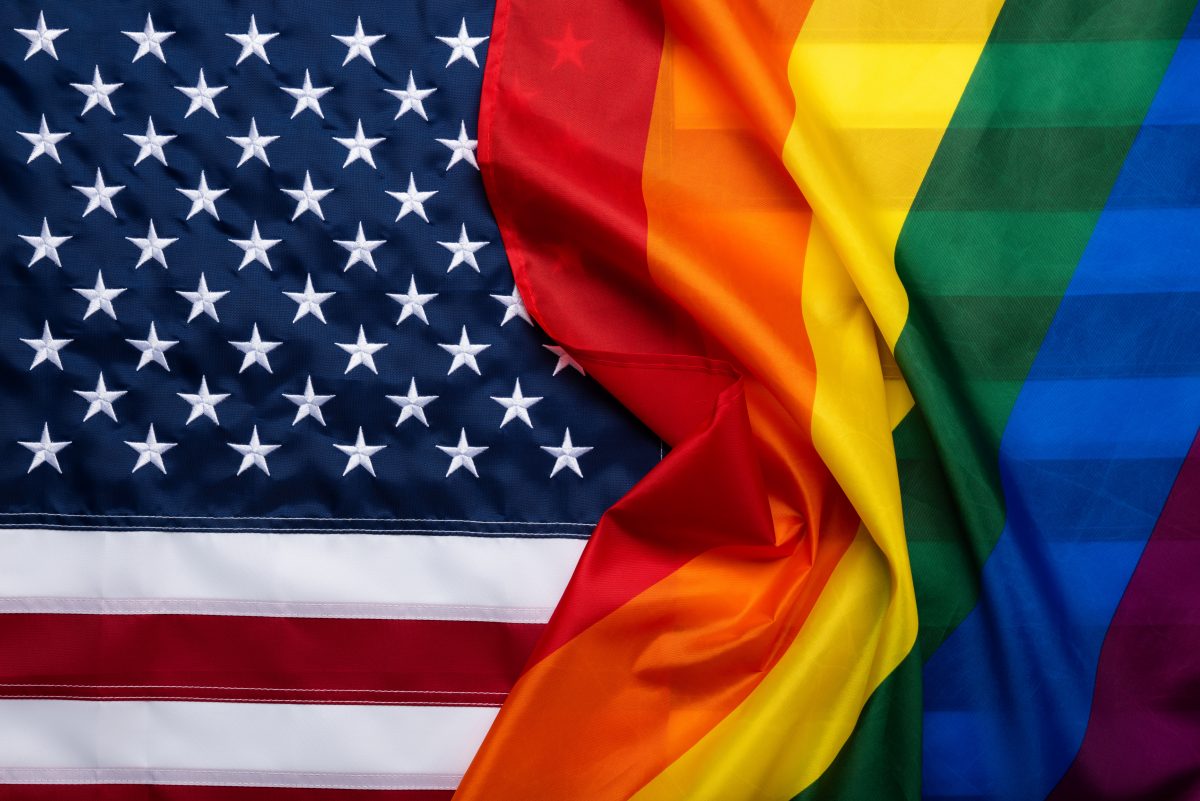Half of U.S. States Have Enacted Nondiscrimination Protections for LGBT Residents – Will Others Follow?

Data from PRRI’s American Values Atlas finds that more than seven in ten (72%) Americans support nondiscrimination laws that would protect lesbian, gay, bisexual, and transgender people from discrimination in jobs, public accommodations, and housing. In April, Virginia became the first state in the South to pass statewide LGBT nondiscrimination laws, joining 24 other states and the District of Columbia to have some form of statewide nondiscrimination laws.
Broad majorities of Americans favor LGBT nondiscrimination laws, even in states that do not currently have nondiscrimination protections on the books. Residents of states with no statewide LGBT nondiscrimination laws are largely in favor of nondiscrimination laws (69%), compared to 74% in states with existing nondiscrimination laws.
In states with no existing protections, nondiscrimination laws are popular across party lines, winning the favor of 60% of Republicans, 70% of independents, and 79% of Democrats. Solid majorities of conservative Republicans (55%) and conservative independents (59%) in these states favor LGBT nondiscrimination protections.
LGBT nondiscrimination protections win majority favor in every state across the country. Residents of Midwestern states with no protections (72%) are slightly more likely than residents of Southern (69%) or Western states (68%) with no protections to favor nondiscrimination protections. All states in the Northeast currently have statewide nondiscrimination laws in place.
Like the country as a whole, favor for nondiscrimination protections among residents of states with no existing protections declines with age, but solid majorities of all age groups favor protections. Residents ages 18 to 19 (76%) and ages 30 to 49 (73%) are more likely than residents ages 50 to 64 (66%) or over age 65 (60%) to favor nondiscrimination protections.
Majorities of all major religious groups in states with no existing LGBT nondiscrimination protections favor these laws. Favor in these states is lowest among other nonwhite Protestants (55%) and white evangelical Protestants (59%), but still reaches a majority among those groups. Favor for nondiscrimination protections in these states rises to 66% among Hispanic Protestants, and more than seven in ten of all other major religious groups, with highs of 77% among Jews and 75% of the religiously unaffiliated.
Laws that protect LGBT Americans from discrimination are almost universally popular, even among traditionally conservative groups, or in states with no existing statewide protections. Favor for these policies transcends typical partisan or demographic divides in a way that many other issues do not.

